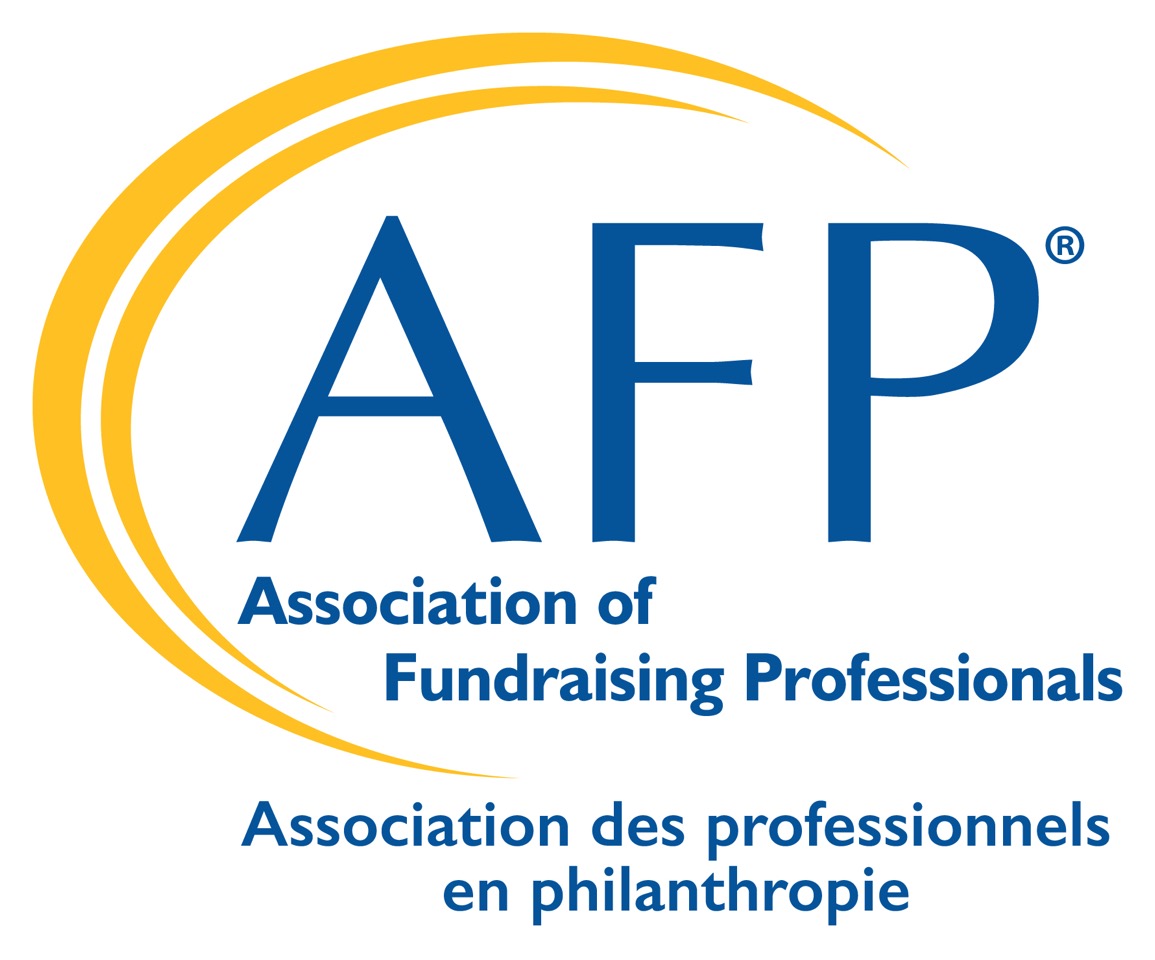Charity Fundraising Costs, Watchdog Scoring Requires Much More Nuance
Scott Decksheimer, the chair of the Association of Fundraising Professionals (AFP) Canada, released the following statement about the recent CBC article, Charity watchdog urges donors to think twice before giving to Calgary Flames Foundation, and how to assess fundraising costs:
While AFP Canada always appreciates media stories that highlight charities and the work they do, we are concerned about the incomplete picture painted by the recent CBC article about Canadian sports teams’ foundations and the lack of balance and nuance in its reporting on fundraising costs.
It is absolutely correct to be troubled by the lack of response by most of the organizations referenced in the article in providing financial records and statements. Charities are stewards of public money that is given voluntarily to support programs and services. Therefore, transparency is critical to ensure public trust.
AFP Canada calls on the foundations in the article to change their procedures and provide the appropriate documents when requested or make them publicly available on their website. Our association has created a code of ethics for fundraising, as well as a Donor Bill of Rights, to assist donors and charities in maintaining high standards during the giving process.
However, more problematic is the article’s focus on fundraising costs and simplistic grading systems for charities. The 35 percent figure used by the Canada Revenue Agency (CRA), Charity Intelligence and others for fundraising costs isn’t based on any sort of research. The CRA itself says that “[f]undraising ratios alone are not determinative in assessing whether a charity's fundraising complies with the requirements of the guidelines in this guidance.”
Studies by the Nonprofit Overhead Cost Project show that fundraising costs legitimately vary widely by type of organizations and type of fundraising. For example, special events are often the most expensive type of fundraising but can significantly heighten awareness of a cause or charity and bring in more donors in the long-term. Empirically, there’s no evidence that charities with lower fundraising costs create more impact than charities with higher costs.
These are reasons why other charity ratings groups, such as Guidestar, Charity Navigator and the BBB Wise Giving Alliance, have written an open letter denouncing fundraising costs and “overhead ratios” as valid indicators of nonprofit performance. Focusing solely on these metrics prevents nonprofits from investing in infrastructure, processes, administration, fundraising and support that can help them be more effective and fulfill their missions. Metrics focusing on costs and overhead are short-sighted because they ignore the importance of strategic investments and innovations that improve effectiveness and the impact charitable programs have on our communities.
Should donors ask questions if they see red flags or are concerned about a particular issue, such as potential excessive reserves or transparency? Absolutely! As Mike Geiger, president and CEO of AFP Global has said, philanthropy is at its most effective when it is supported by knowledgeable and educated donors. If not pleased with the answers donors should find another organization to support. There are more than 86,000 registered charities across Canada, including those listed in the article, that are making incredible impact in their communities.
And that’s the most important issue donors should be considering when making a giving decision: IMPACT. In the AFP Foundation for Philanthropy – Canada’s 2018 What Canadian Donors Want study, donors chose a charity’s ability to fulfill its mission and its overall impact as the two most important factors in their giving decision.
What impact is a charity having in my community? Are its programs working and effective, and are they issues and services that I believe in personally? That’s what philanthropy is all about, having an impact and changing the world. So, if you’re comfortable with the answers to those questions, we encourage you to give, volunteer and engage with the charities and causes you support—that’s how millions of Canadians are making a difference every day.





